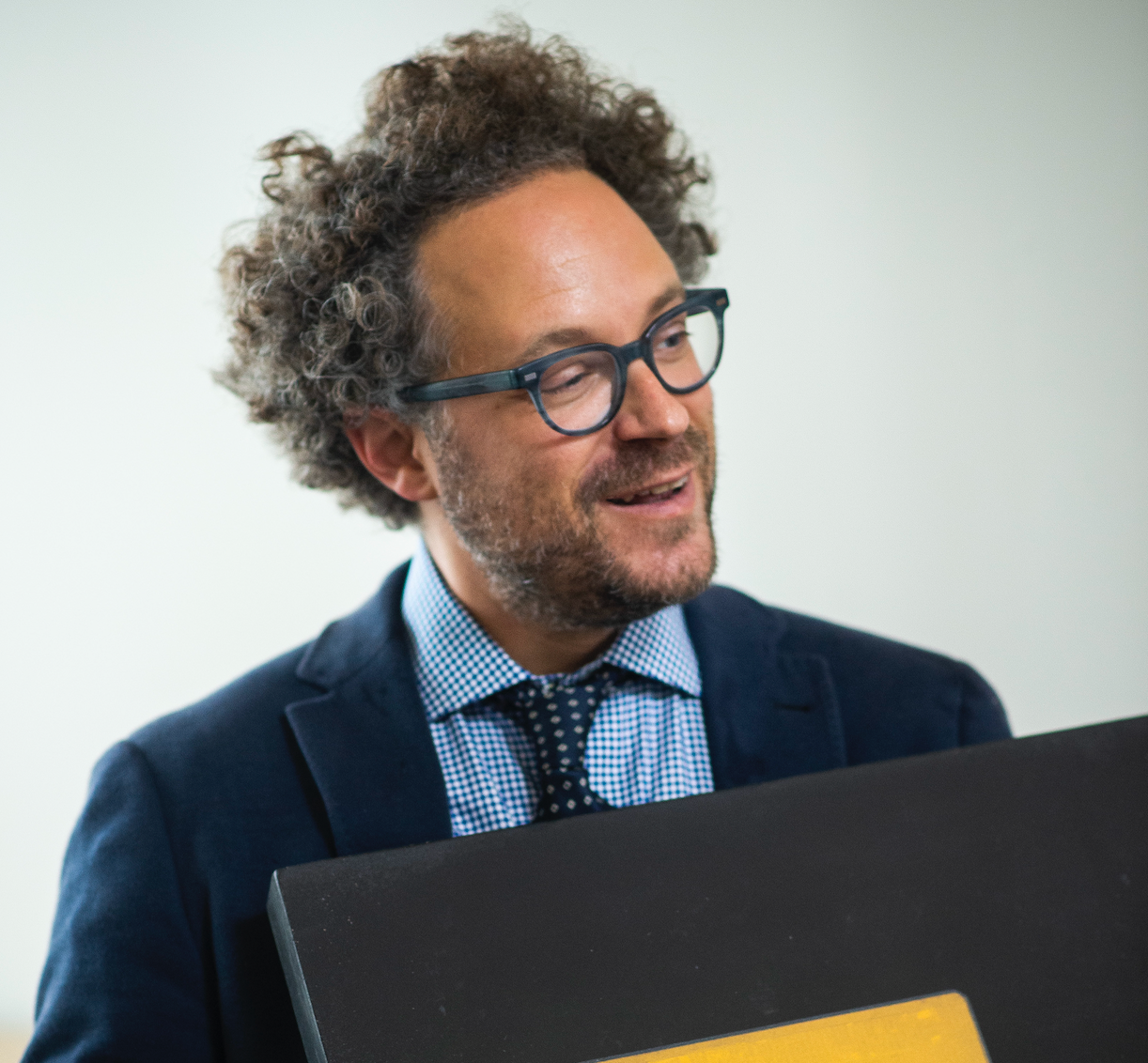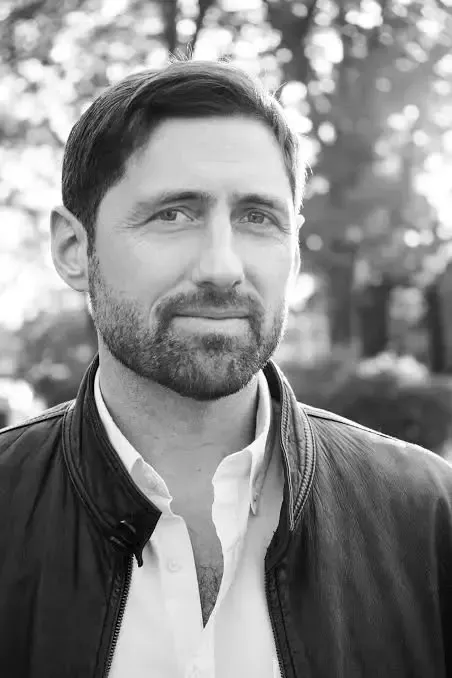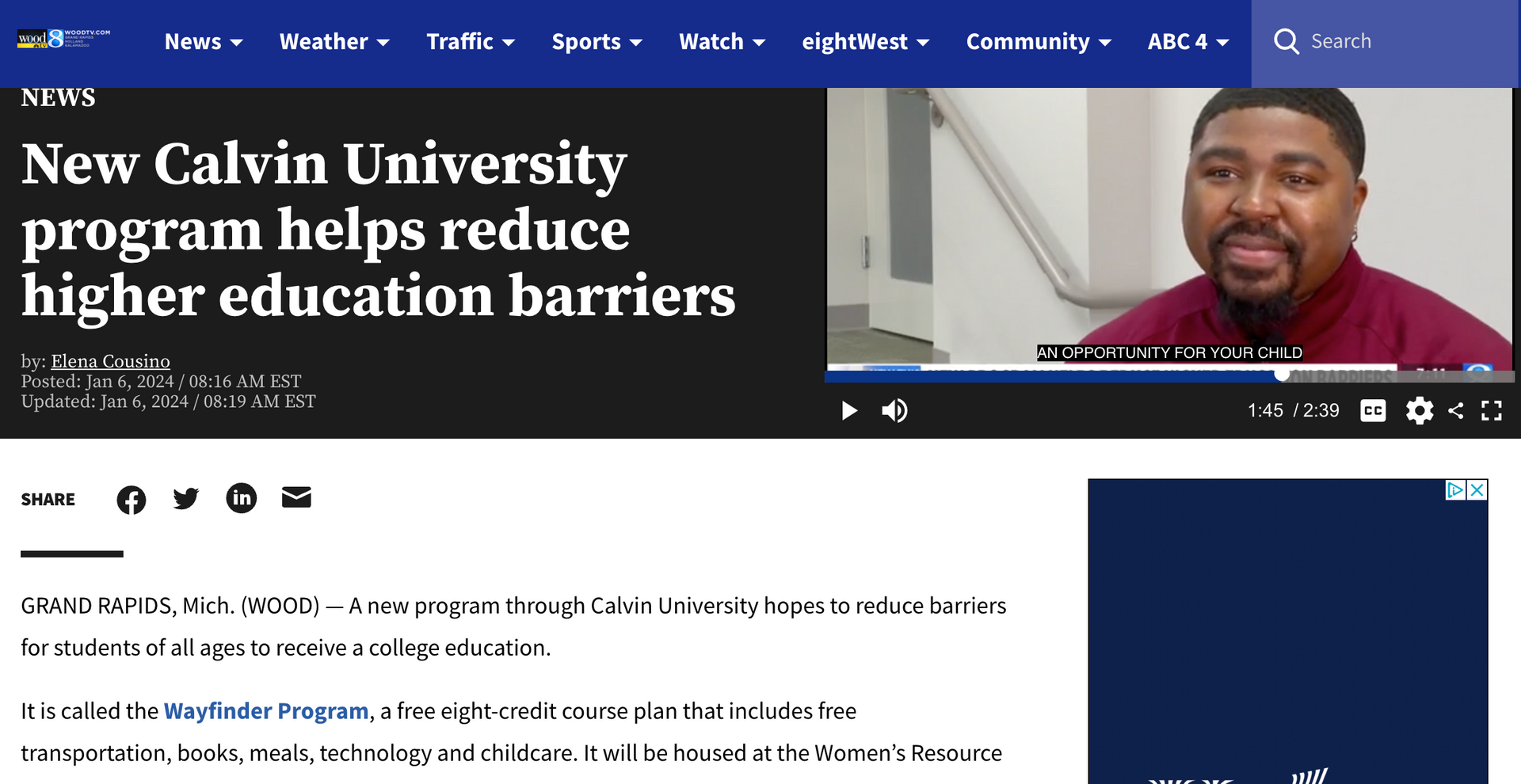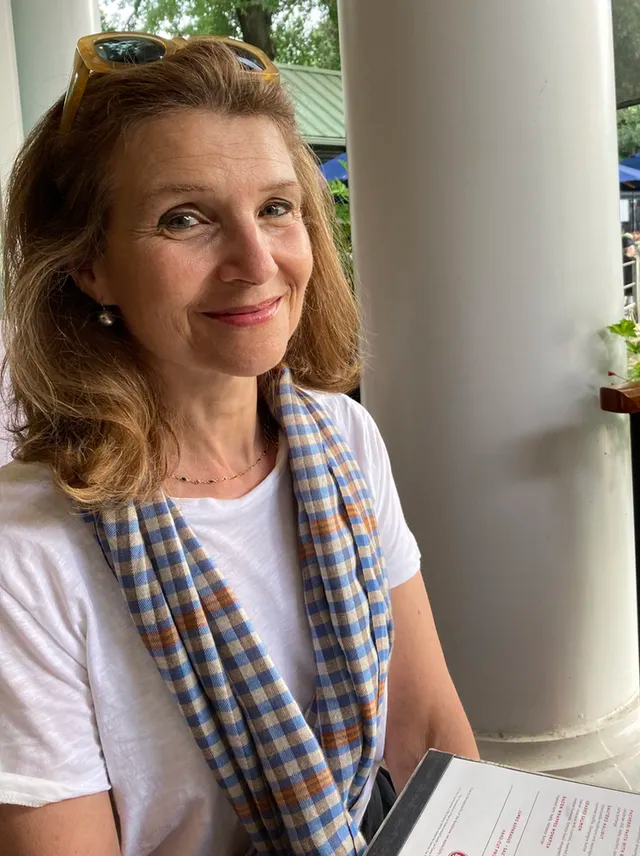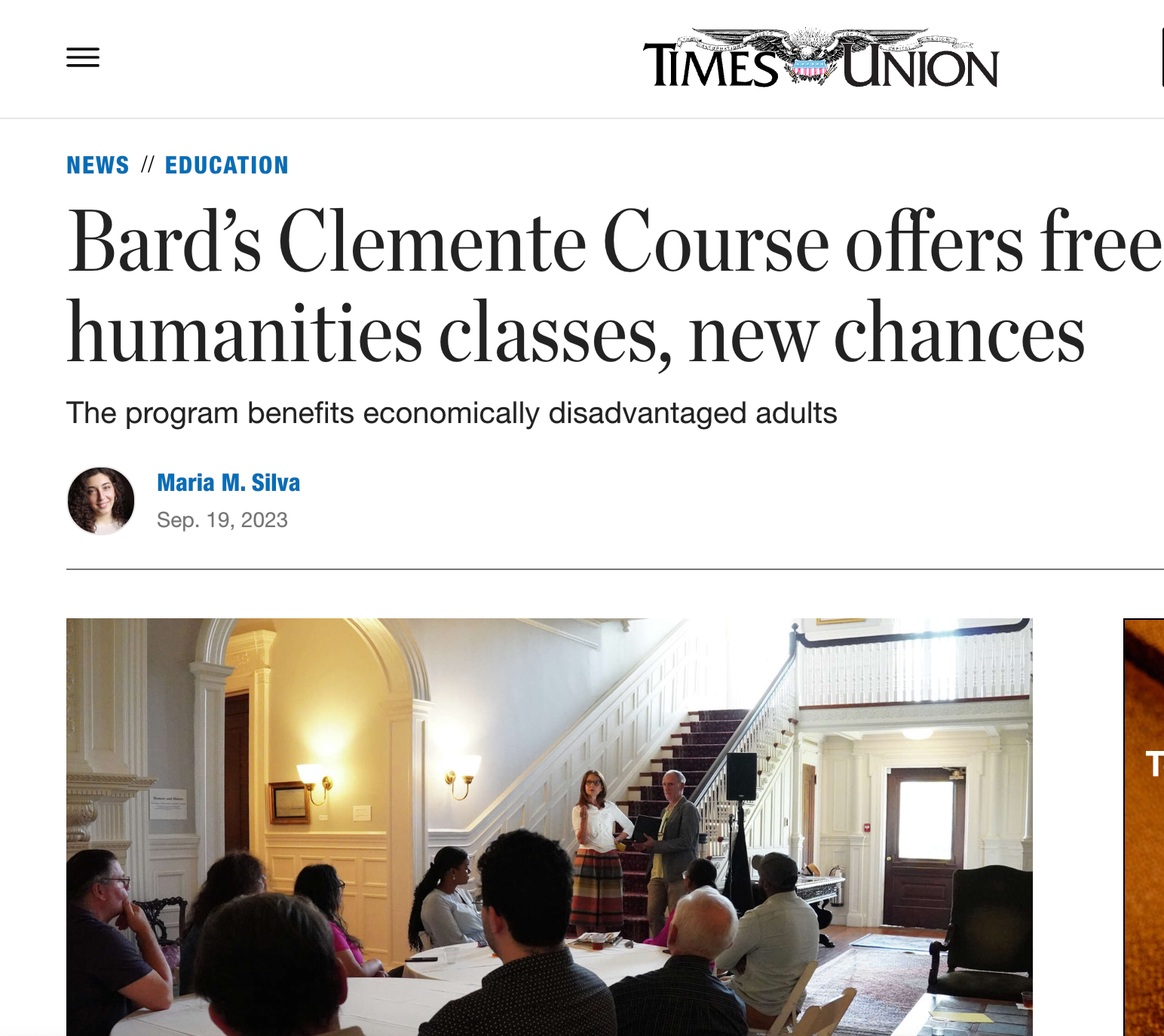Reckoning with A Reckoning in Boston: A Study Guide
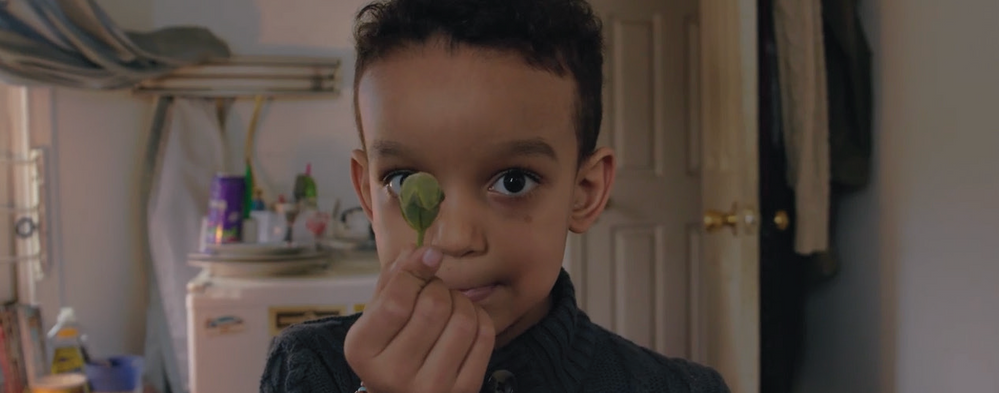
In conjunction with the release of the documentary film A Reckoning in Boston , which airs nationally on PBS on Martin Luther King Day, January 17th, the Clemente Course has developed a study and discussion guide. We encourage viewers to follow their screening of the film with a conversation about its themes and lessons.
You can download the full study guide here. We have also included the questions for discussion below.
QUESTIONS FOR DISCUSSION
How did participating in the Clemente Course change Kafi and Carl’s lives? How does discussing books and ideas with other adults change their relationship to these texts--and to each other?
Kafi and Carl work very hard and sometimes their efforts are rewarded, and sometimes they are not. As the film’s protagonists, do you find them heroic?
The film opens with a quote from Socrates: “If you’re willing, let’s first find out what justice is in cities, and afterward, look for it in the individual to see if the larger entity is similar in form to the smaller one.” How does the film take up Socrates’ challenge? Do cities shape their residents, or vice versa?
Texts from the humanities classroom--a quote from Socrates, a poem from LeRoi Jones (Amiri Baraka), a passage of scripture--appear periodically in the film. Why was it important for the filmmaker to include these texts? Do they contribute to your understanding of the story?
In the film, James, the director, comes to the realization that he can’t tell the story of Kafi and Carl without acknowledging his own complicity in the systemic racism that defines their experience of the city they share. In what ways does James recognize his own privilege? Can you relate to his experience in any way?
A “reckoning” is the settling of an account. What do you think about the film’s title? What is the “reckoning” in this film?
Boston is a “majority minority” city, and yet this is not the impression many people have of the city. How does this film change your perception of Boston? What would be people surprised to learn about your own community?
Over the credits, Carl says of himself, “People just see this exterior, make a judgement and it’s like the real me is invisible.” He continues, describing the Clemente Course, “I came here and had this experience, and I became visible… to people I respected and I became visible to myself.” When have you felt invisible? When have you felt seen?
The film advances the idea of lifelong learning, whether in a formal or informal setting. After watching, what books are you inspired to read, what subjects are you inspired to learn more about? What books or teachers continue to shape your life?
It is not easy for adults to make new friends, or for people to make friendships across racial or economic barriers, and yet James, Kafi and Carl count each other as friends by the end of the film. How did they become friends?
If you have been part of a Clemente classroom yourself, do you feel the film captures the experience of the course? What feels familiar? What is different?
The film seems to suggest that we should do as the director did -- not just observe or document others, but deeply examine ourselves, our roles in our communities, and our perspectives. Have you seen this happen in your own community? Or in your Clemente classroom?
Would you recommend the film to others? Why or why not?
This study guide was developed by Boston Clemente’s Jack Cheng and Vivé Griffith from the national Clemente Course in the Humanities.
